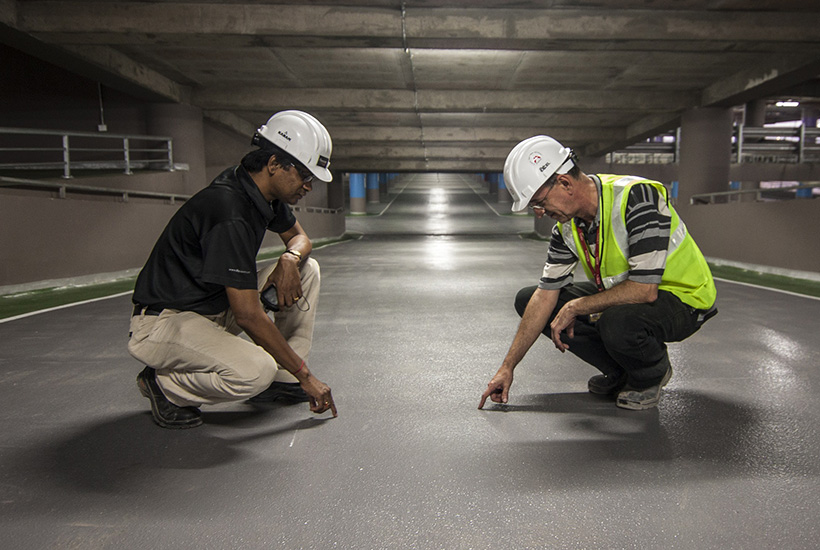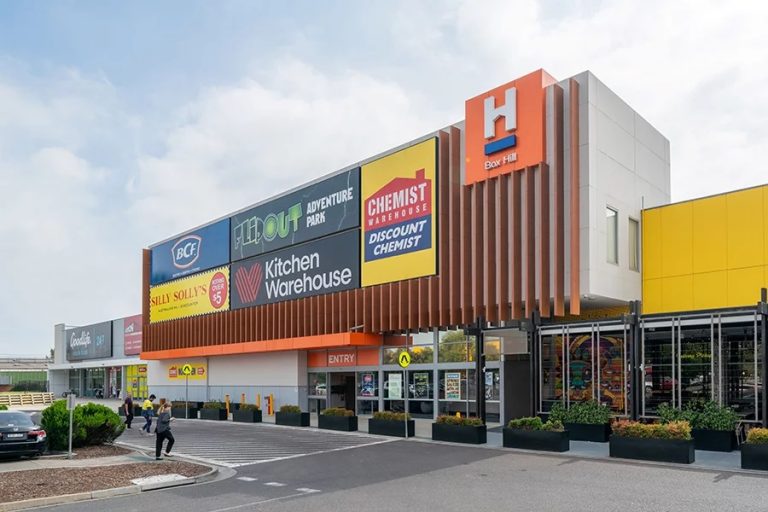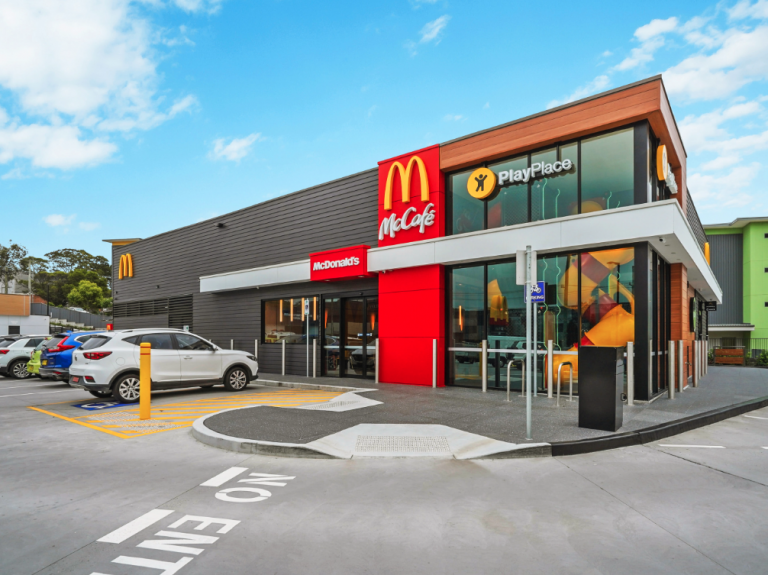How Much does a Commercial Building Inspection Cost?

When it comes to commercial property the financial investment and risks tend to be higher than in the residential market, so it is worth making sure a property has no hidden surprises.
Getting a commercial building inspection before a sale, or lease, will cost hundreds or even thousands of dollars – but it is often worth the expense to ensure you have valued the property correctly and everything is built according to code.
What is a commercial building inspection?
A commercial building inspection is a professional investigation that helps buyers, sellers, renovators, and developers get a clear picture of the condition a property is in, according to SPI Property Inspections’ Daniel Bibby.
“An inspection gives a potential buyer a thorough overview of the overall condition of the property and whether it complies with Australian building regulations and standards,” Bibby says.
“This allows potential buyers to be fully informed when buying or leasing and will give peace of mind before any financial commitment is made.”
It is important to remember that to the untrained eye a premises may look perfectly safe, with some buyers choosing to skip the inspection as a result.
But major defects and hazards can lurk beneath the surface and, if undetected, can present dangers and be costly to fix in the long run.

Commercial properties may look fine to the untrained eye, but could harbour problems.
At a minimum, an inspector will check drainage, retaining walls, fixtures, fittings, car parks, roof spaces, under the floors and additional structures on the property.
Foundations, roofs, guttering and any signs of water damage will also form part of a report, along with the overall structure.
Most experts will also review any previous building modifications to check they are up to scratch. Even if no major flaws are found, reports usually contain information on what may need to be repaired or maintained before the property is bought, sold, or leased.
Why you need a building inspection?
Getting a clear picture of the risks associated with the building in question is the number one reason to get a commercial building inspection, but there are further additional benefits.
These include:
- Ensuring the property is safe and is without defects.
- Buyers potentially negotiating a better price if building or planning issues are identified.
- A condition report can be used in court to help owners and sellers avoid any financial and legal ramifications if issues occur after a transaction.
- An in-depth inspection will identify, pest issues, asbestos, redevelopment impacts and how to maximise energy consumption.
However, getting an inspection that merely ticks the boxes is not recommended.
Bibby suggests checking that inspectors are fully qualified and choosing a company that “can call upon specialised alliance partners when special expertise is required, such as for roofing, pest, mechanical, essential safety measures, plumbing and electrical”.

Inspections of larger buildings can be complex, and therefore are likely to be more expensive.
How much does a building inspection cost?
Unfortunately, all commercial building inspections vary so there is no straight answer on price.
This is because the inspection for a ground-level retail shop will be considerably less complex than an office within a multi-storey building, industrial property, or childcare centre.
Bibby says a standard building condition report at SPI Property Inspections starts at $550 plus GST, but many jobs will need a tailored quote and may end up costing thousands more, depending on the scope of work.
Some companies offer a set package price for more complex inspections, but be sure to read the fine print as they may charge for additional inclusions like checking for pests.
Things to consider
It is important to remember that the bigger the project the more likely it will cost several thousand dollars for a commercial building inspection.
But given the size and value of the investment, this is a small price to pay for security.
Here are some things to consider when booking in an inspection.
-
Size and layout
The floor space, number of structures onsite and ease of access will all be considered when quoting for an inspection.
If you have a large or difficult building to inspect it may be useful to shop around to ensure you are getting value for money.
-
Building purpose
Depending on the industry, commercial properties may have specific needs and requirements.
For example, a childcare or medical facility will have vastly different inspection requirements to a dilapidated building.
Again, access may be an issue on some sites, which will be factored into the overall inspection cost.

Industrial properties can have specific needs and requirements.
-
Type of inspection
Is the inspection for a buyer, seller or is it a pre- or post-lease condition report?
Are you looking for something in-depth that will hold up in court if a legal dispute occurs, or do you simply want a basic check?
What about a pest inspection or water damage?
Typically, the more comprehensive the inspection the more it will cost.
-
Timeframe
Generally a condition report will be delivered within a couple of days of the onsite inspection.
However, in some cases property owners may need an expedited inspection, which will come at an additional cost for a potential turnaround within 24 hours, depending on the site specifics.
-
Inclusions
Property developers can opt to add on additional services such as pest and asbestos inspections.
These are included by some companies but for others they charge extra, so it is important to ask what will be covered by the condition report before signing up.
-
Location
Most inspectors will have a set service area – usually within 150km.
But some inspectors may charge travel costs, especially if a project is located far away or in a rural area.
Additionally, costs will vary from state to state due to differing regulations.







